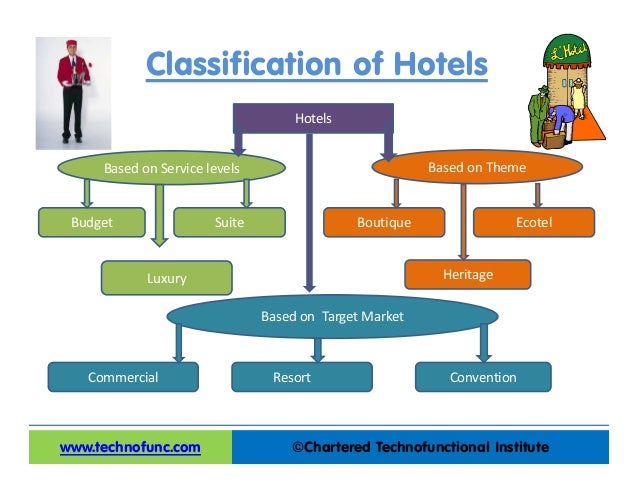How the hotel industry operates is a complex and dynamic system that plays a crucial role in the global travel and tourism sector. Understanding how hotels function can help travelers make informed decisions and provide valuable insights for those considering entering the hospitality field. From booking systems to revenue management, the hotel industry is a blend of technology, service, and strategic planning.
The Structure of the Hotel Industry
Hotels are typically categorized based on their size, target market, and level of service. The most common classifications include budget hotels, mid-range hotels, luxury hotels, and boutique hotels. Each category caters to different customer needs and expectations. Budget hotels focus on affordability, offering minimal amenities but competitive pricing. Mid-range hotels strike a balance between cost and comfort, while luxury hotels provide high-end services and facilities such as spas, fine dining, and personalized concierge services. Boutique hotels, on the other hand, emphasize unique design and local culture, often appealing to travelers seeking an authentic experience.
The industry also includes various ownership models, such as independent hotels, franchise chains, and management companies. Independent hotels operate under their own brand and have full control over their operations. Franchise chains, like Marriott or Hilton, allow individual operators to use the brand’s name, marketing, and reservation systems in exchange for fees. Management companies handle day-to-day operations for hotel owners, providing expertise in areas like staffing, maintenance, and marketing.
Booking Systems and Revenue Management

Booking systems are essential components of the hotel industry, enabling guests to reserve rooms and manage their stays efficiently. Traditional methods included direct calls to the hotel or using travel agencies, but today, online booking platforms dominate the market. Websites like Expedia, Booking.com, and Airbnb have revolutionized the way people book accommodations, offering a wide range of options from budget stays to luxury villas.
Revenue management is another critical aspect of hotel operations. This involves analyzing demand patterns, setting room rates, and optimizing occupancy to maximize profits. Hotels use sophisticated software to track booking trends, adjust prices dynamically, and manage availability. For example, during peak seasons, hotels may increase prices to capitalize on higher demand, while offering discounts during off-peak times to attract more guests.
Guest Services and Experiences

Guest services are at the heart of the hotel industry, as they directly impact customer satisfaction and loyalty. Front desk staff, housekeeping teams, and concierges play vital roles in ensuring a positive guest experience. Modern hotels often invest in training programs to enhance staff skills, focusing on communication, problem-solving, and cultural sensitivity.
In addition to traditional services, many hotels now offer unique experiences to differentiate themselves from competitors. These may include themed events, local tours, or wellness programs. For instance, some luxury resorts provide private yoga sessions, spa treatments, and gourmet dining experiences tailored to guest preferences.
Technology and Innovation

Technology has transformed the hotel industry, making it more efficient and convenient for both guests and operators. Mobile check-in and check-out, digital key access, and smart room features are becoming standard in many establishments. These innovations not only improve the guest experience but also streamline operations for hotel staff.
Moreover, data analytics and artificial intelligence are being used to personalize guest interactions. By analyzing customer behavior and preferences, hotels can tailor their offerings and marketing strategies. For example, a hotel might send targeted promotions to guests who frequently stay in a particular location or have shown interest in specific amenities.
Challenges and Future Trends

Despite its growth, the hotel industry faces several challenges, including fluctuating demand, rising operational costs, and competition from alternative accommodations. The rise of short-term rental platforms like Airbnb has disrupted traditional hotel markets, forcing hotels to adapt and innovate.
Looking ahead, sustainability is expected to become a major trend in the hotel industry. Travelers are increasingly conscious of their environmental impact, and many hotels are adopting eco-friendly practices such as energy-efficient lighting, waste reduction programs, and locally sourced food. These efforts not only appeal to environmentally aware guests but also contribute to long-term cost savings.
Conclusion
Understanding how the hotel industry works is essential for both travelers and professionals. From the different types of hotels to the role of technology and the importance of guest services, the industry is a dynamic and ever-evolving field. As the demand for travel continues to grow, the hotel industry will need to embrace innovation, prioritize customer satisfaction, and address emerging challenges to remain competitive in a global market.



